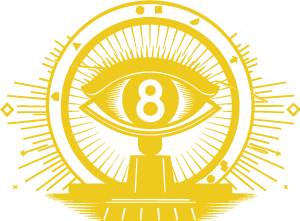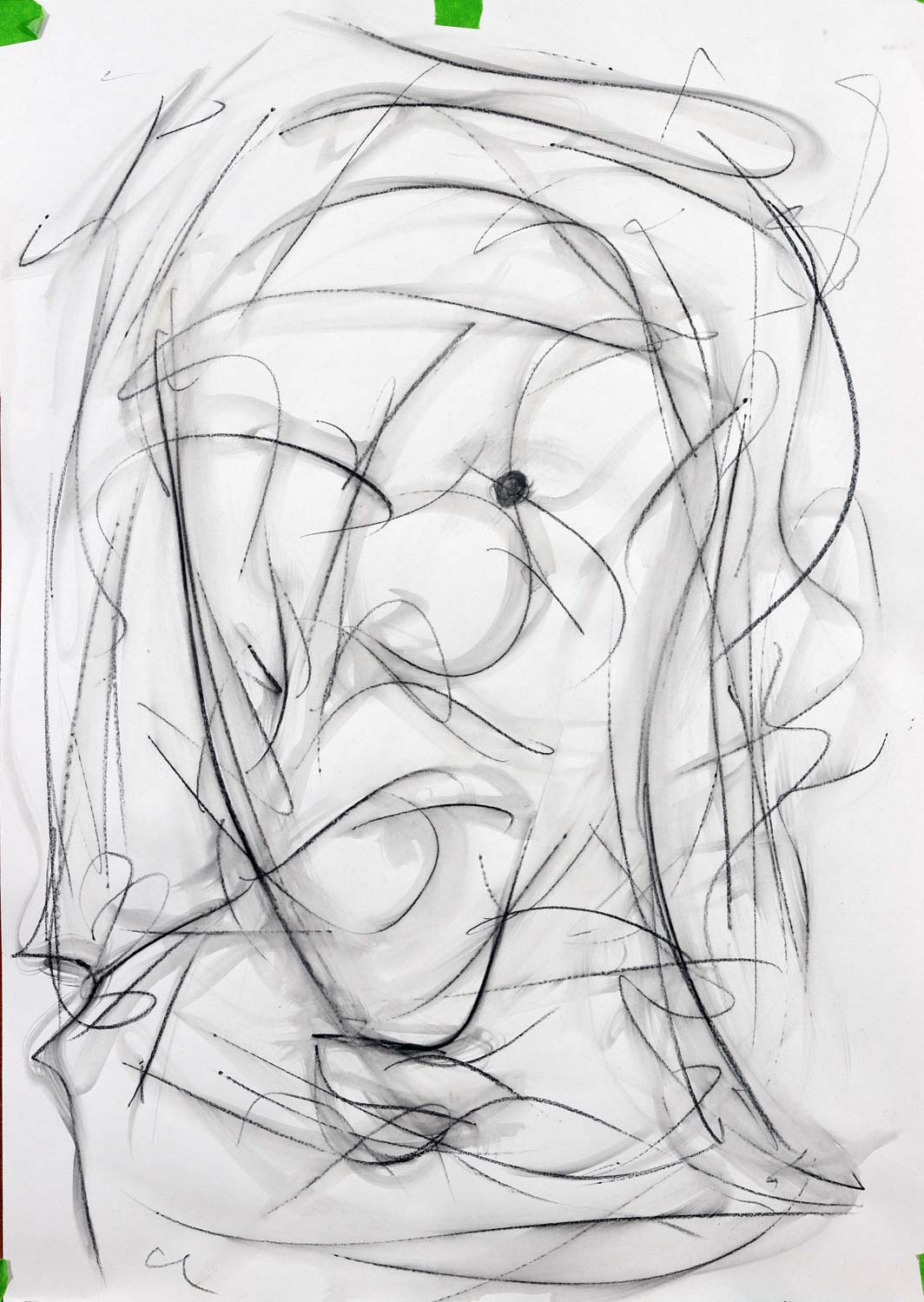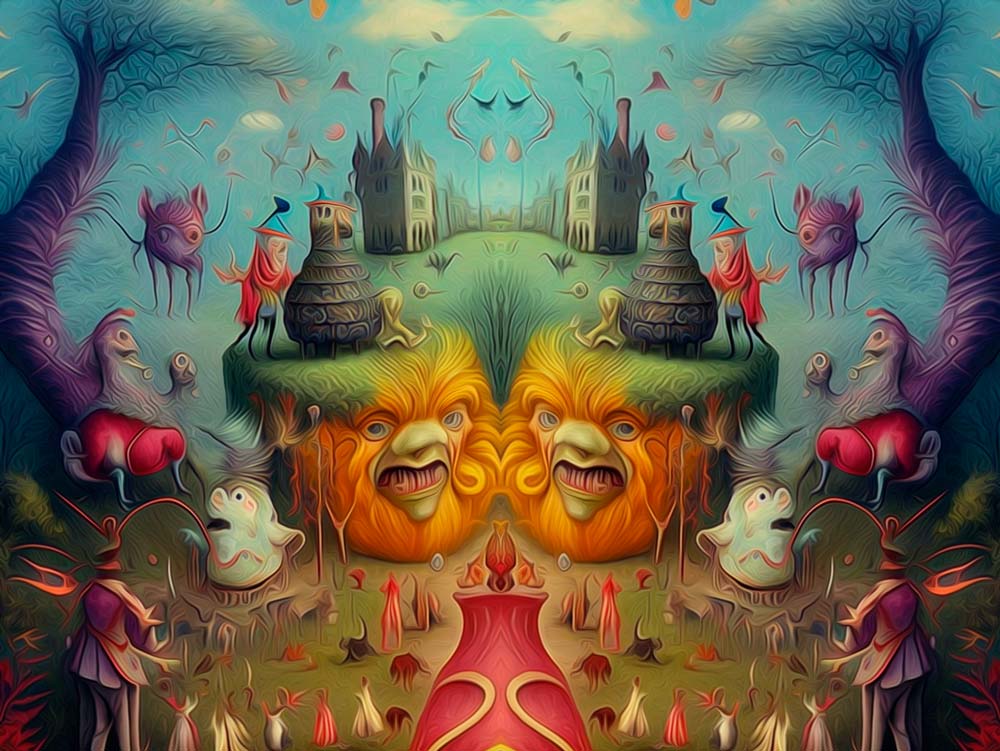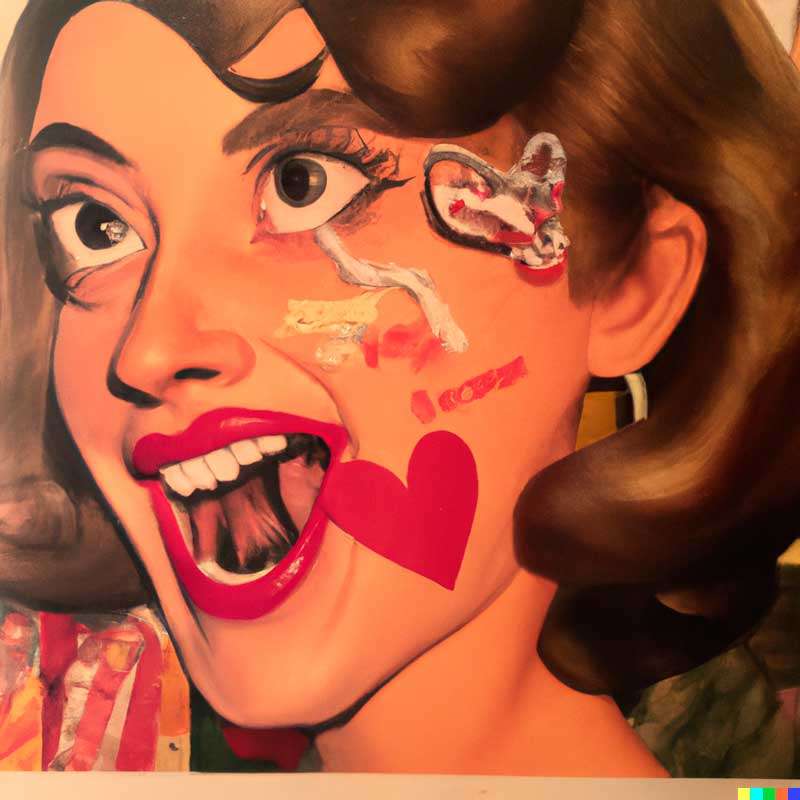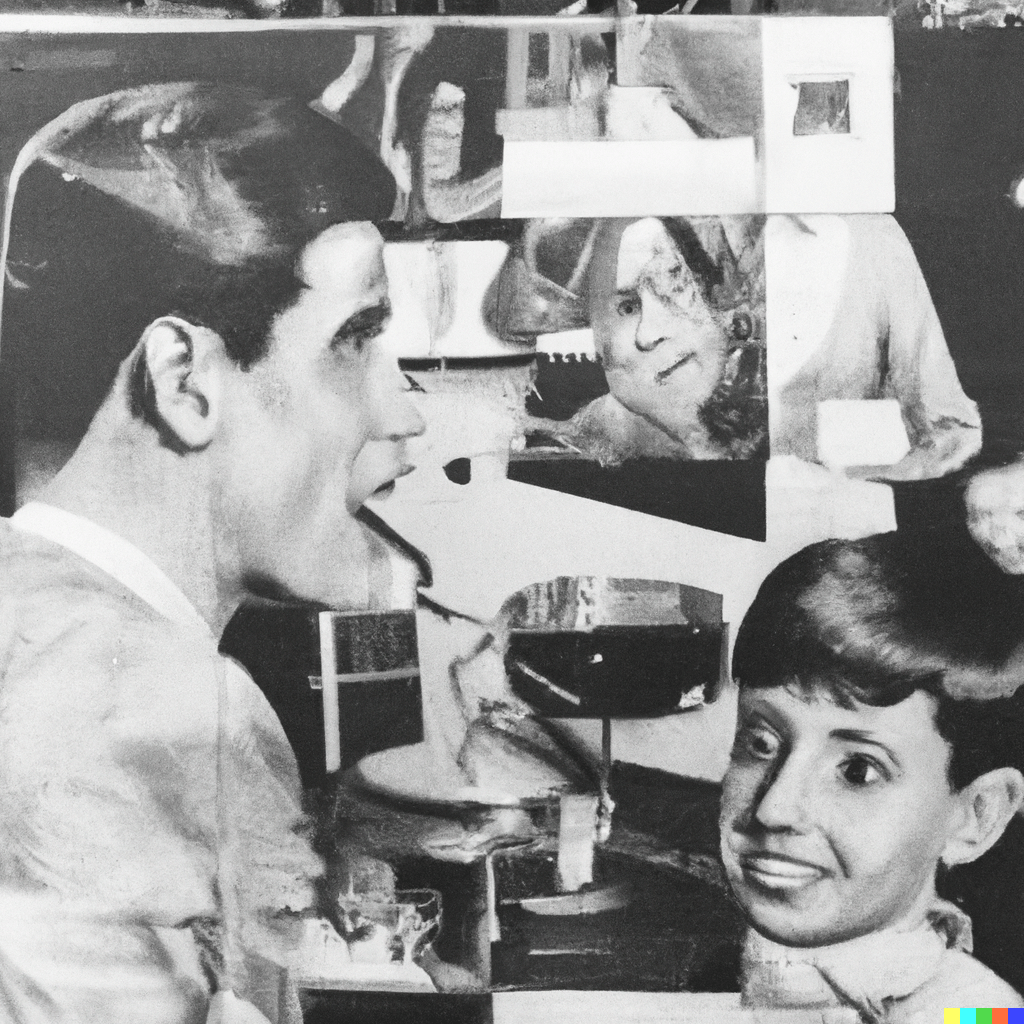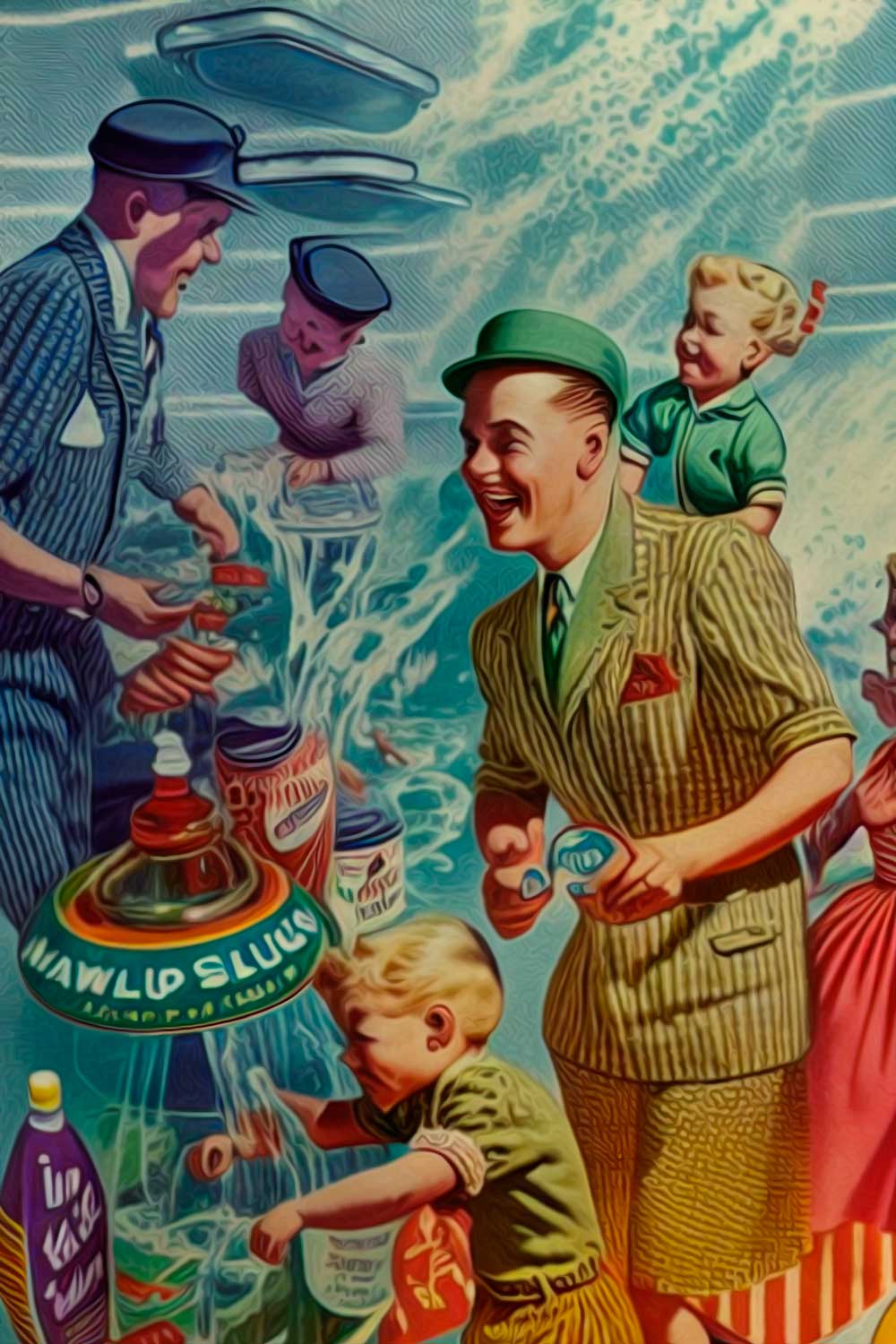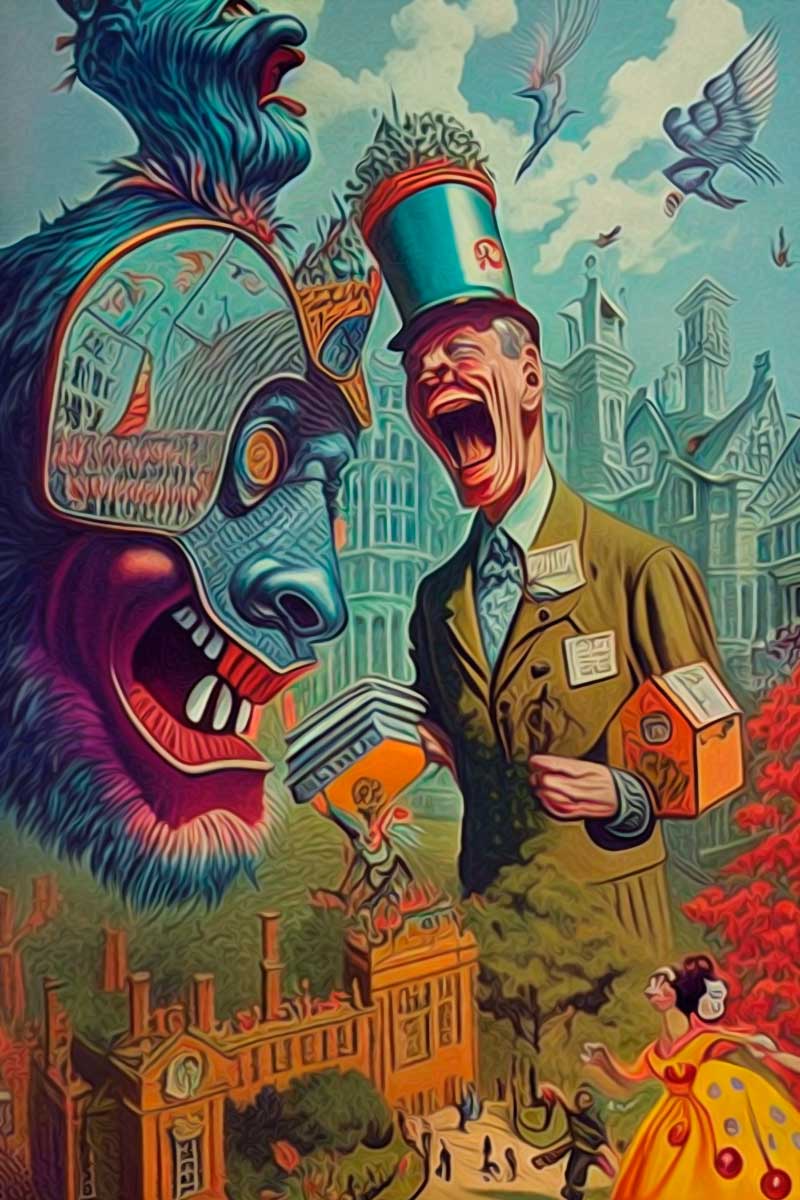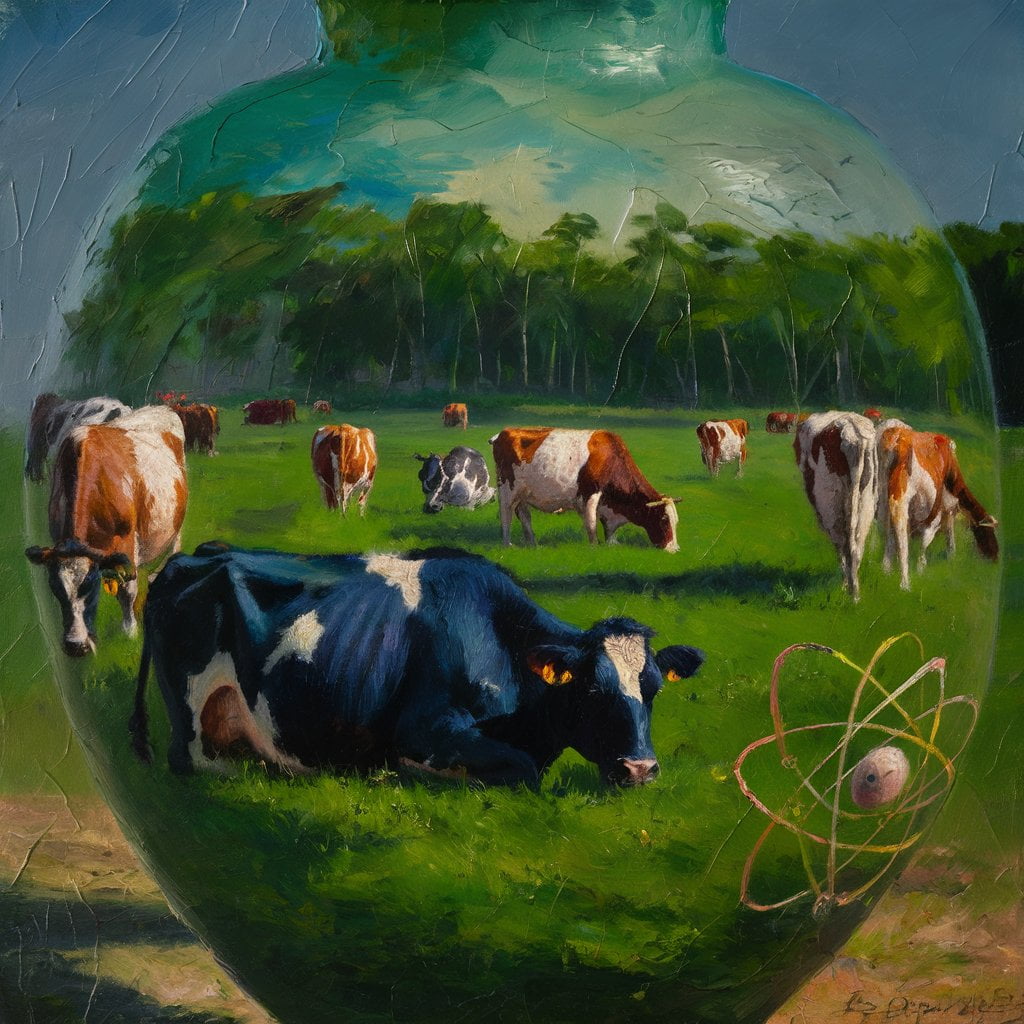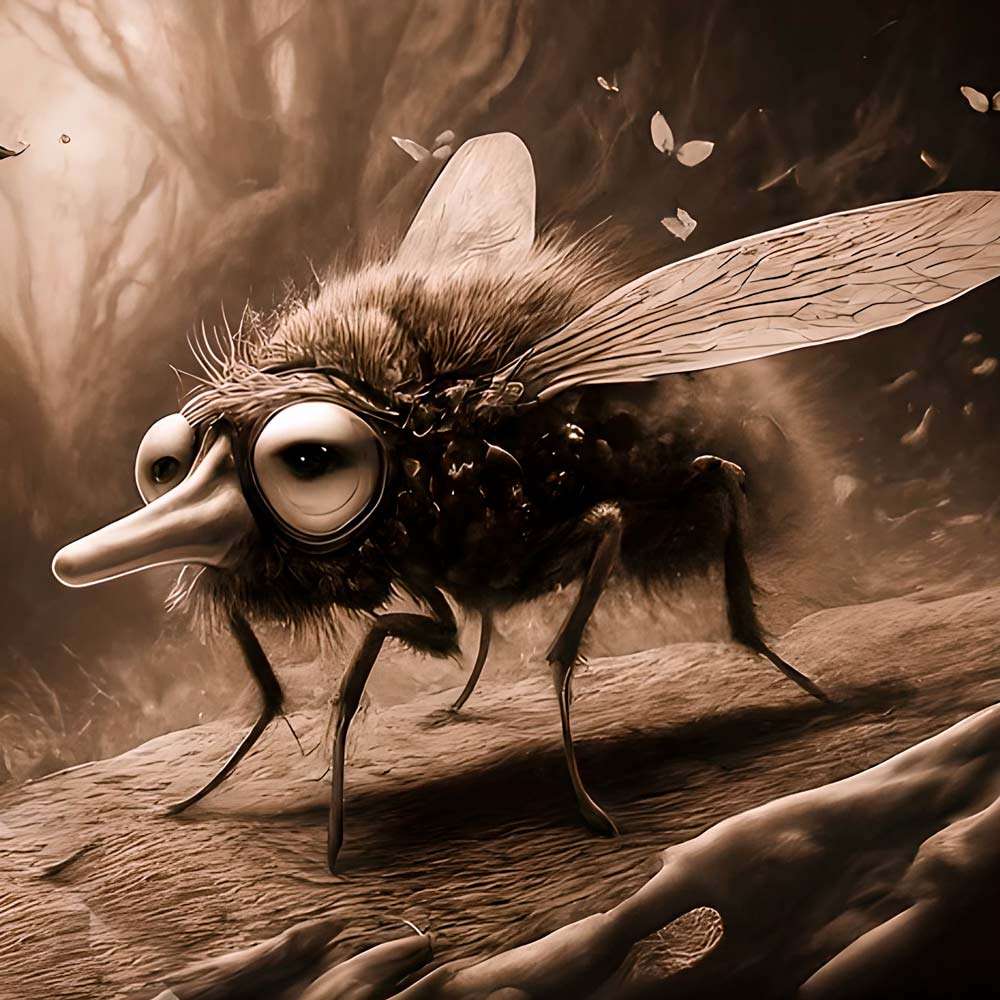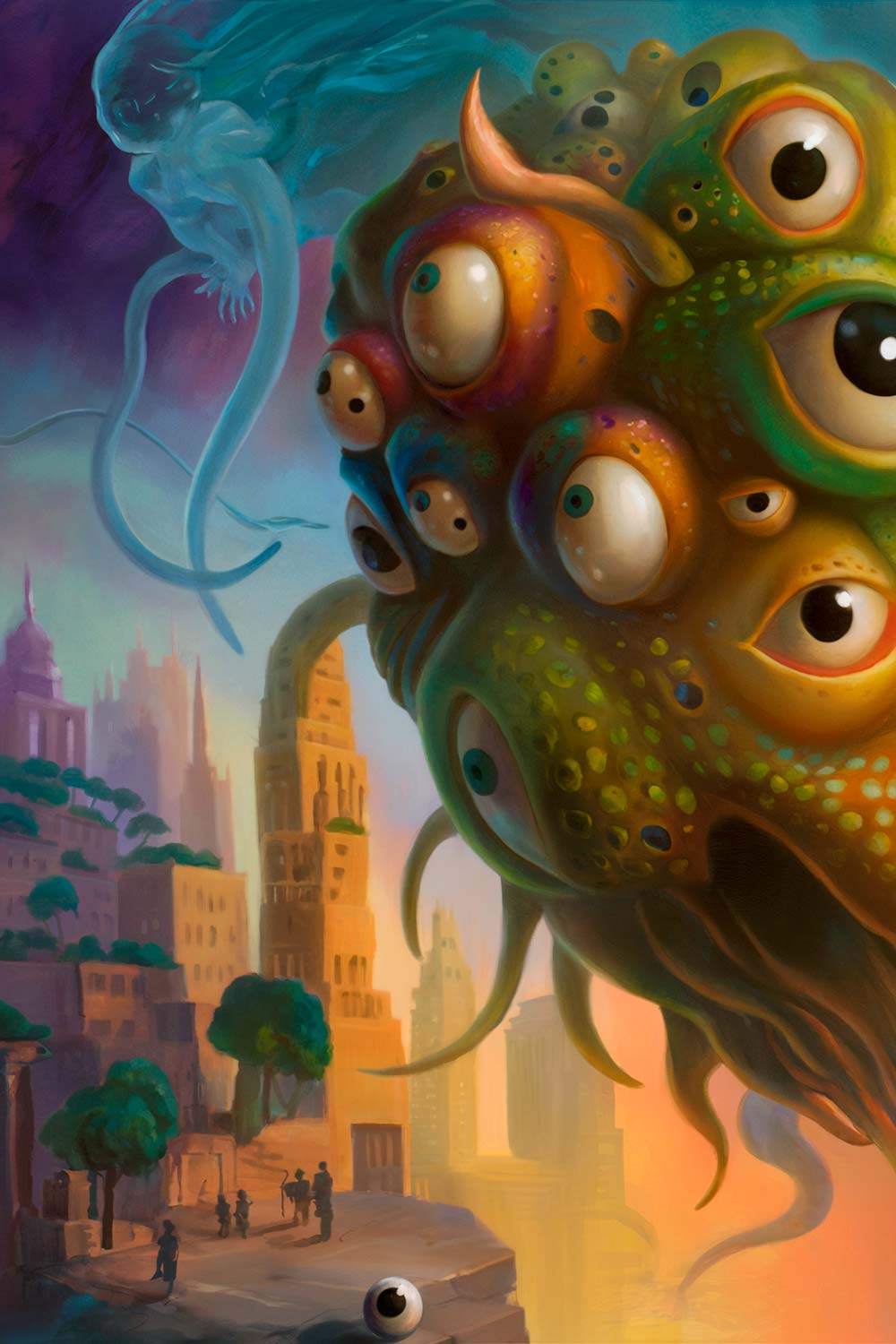
September 26
Rain patters against the window as I gaze out at the sodden green fields, their vibrancy a stark contrast to the leaden sky. My mind, however, is far from this dreary scene. I’m lost in contemplation of my latest artistic experiment—a fusion of past and present, of human and machine.
The artwork before me began its journey in 1987, born from the chaotic dance of pencil and paint guided by my subconscious^1^. Using the surrealist technique of automatic drawing^2^, I allowed my hand to move freely across the canvas, creating abstract smudges and lines without conscious direction. From this primordial soup of creativity, a structured landscape slowly emerged, as if coalescing from the mists of my mind.
Recently, I’ve revisited this piece, but with a twist. I’ve enlisted the help of artificial intelligence, feeding my original creation through various iterations. My goal wasn’t to create a specific image, but rather to explore how AI might act as a visual oracle, interpreting and building upon the visions of my younger self.
Instead of providing concrete prompts like “a football on a green field,” I used more open-ended, evocative terms: “unusual,” “strange,” “pleasant.” This approach allowed the AI to interpret the work freely, almost as if it were psychoanalyzing the image. The result is… well, see for yourself:
[Insert AI-generated image here]
What do you see? A multi-eyed beast? A landscape of surreal proportions? The beauty of this process lies in its ambiguity. It reminds me of Carl Jung’s word association tests^3^ or Rorschach inkblots^4^, where one sees whatever the mind conjures—be it a butterfly, a skull, or a face.
In this way, AI becomes a mirror to the unconscious, mapping our psyche in visual form. But whose unconscious are we truly glimpsing? Is it my own, filtered through decades of experience and artistic exploration? Or is it a reflection of the collective mind, shaped by the millions of images stored in the AI’s vast database?
As I ponder these questions, I can’t help but feel we’re on the cusp of something profound. This melding of human creativity and machine learning opens up new avenues for exploring the depths of our minds—both individual and collective.
What hidden truths might we uncover through this digital oracle? What secrets of our psyche lie waiting to be revealed? The possibilities are as endless as they are intriguing.
Stay curious, dear readers. The journey into the unconscious has only just begun.
Footnotes
- The unconscious, a concept central to psychoanalytic theory, refers to the part of the mind containing thoughts, memories, and desires that are not consciously accessible but may influence behavior and experience.
- Automatic drawing is a method of creating art that seeks to suppress conscious control over the process, allowing the unconscious mind to take over. It was popularized by surrealist artists in the early 20th century.
- Carl Jung (1875-1961) was a Swiss psychiatrist and psychoanalyst who founded analytical psychology. His word association test involved presenting a series of words to a patient and asking them to respond with the first word that came to mind, as a means of exploring the unconscious.
- The Rorschach inkblot test, developed by Swiss psychologist Hermann Rorschach in 1921, uses a series of symmetrical inkblots to assess an individual’s personality characteristics and emotional functioning.
More…

